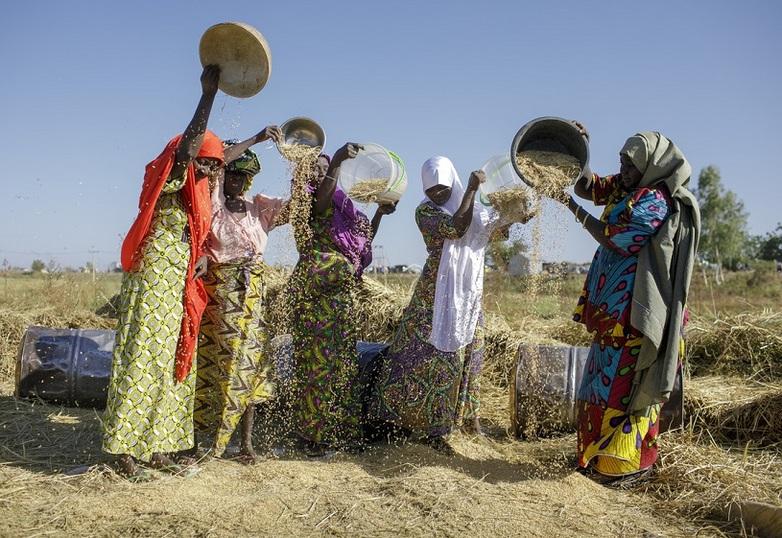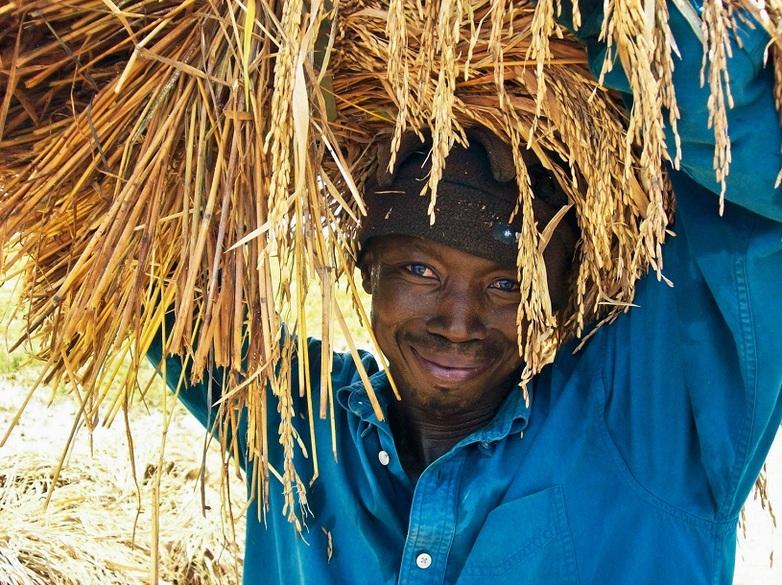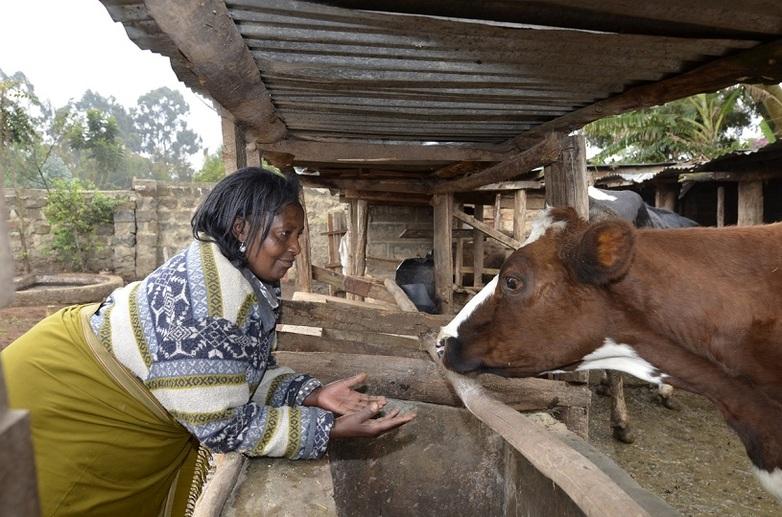Context
Global demand for foodstuffs and agricultural raw materials has risen to an unprecedented level over the past ten years. Accordingly, global trade with agricultural products has also increased. Higher incomes in developing countries and emerging economies also play a role here. Nevertheless, hunger and poverty are still prevalent in the rural areas of German development cooperation partner countries. Around half of the world population lives in rural regions and is directly or indirectly dependent on agricultural production.
Many partner countries have increased their agricultural exports in recent decades. However, the diversity of export products is comparably low. In sub-Saharan Africa, regional trade in agricultural products fails to achieve its potential. Most partner countries rely on food imports to meet their nutrition requirements.
In promoting agricultural value chains, German development cooperation has established an approach that integrates small farms into markets and increases value creation at all levels. In order for businesses to remain competitive in the long term, it is necessary to promote private sector structures in agriculture, mobilise private funds by means of cooperation between development cooperation actors and the private sector, and ensure access to financing opportunities. However, the basic conditions and intervention by public and private sector actors are often not sufficiently coordinated. The approaches, experience and results of promoting trade and business in the agricultural sector as well as corresponding financing arrangements undergo constant analysis. Based on this analysis, economic approaches are to be taken into account in the strategies, positions and projects of German and international development cooperation actors.
Objective
German development cooperation positions and strategies for promoting a socially acceptable, environmentally friendly and competitive agriculture and food sector have been incorporated into national and international processes.


